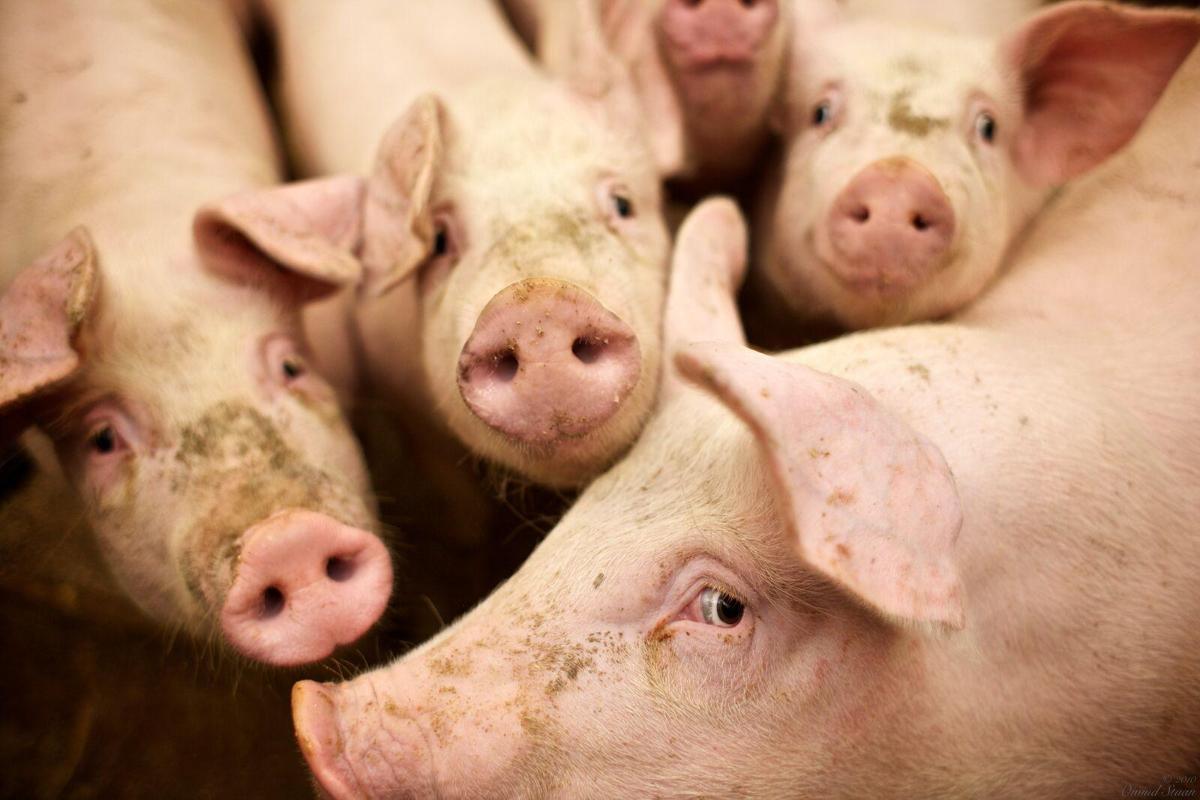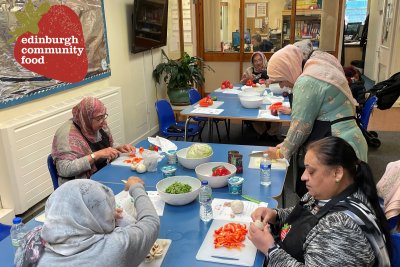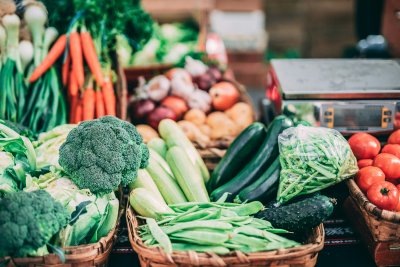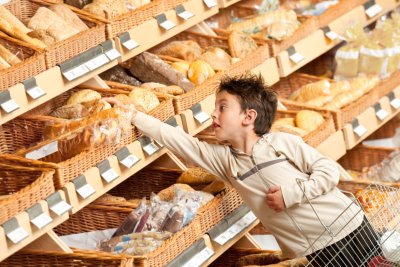Blogs • Sustainable Farming Campaign
Brexit: an opportunity for a thriving pig industry that saves the planet
The UK pork industry is currently unsustainable both in economic and environmental terms. To create a sustainable UK livestock industry that can thrive, we need to return to the practice of feeding food waste to pigs says Christina O'Sullivan of Feedback: The environmental organisation campaigning to change the food system.

Much attention has been given to reduction of the amount of food thrown away by supermarkets and householders. There are also admirable efforts to ensure that unavoidable surplus is diverted to useful purposes and to those who really need it. However, that leaves a very large amount of food waste that is inedible to humans, yet would make perfectly good animal feed, hence reducing the gigantic hoof, trotter and claw print of the animals that are raised for our meat, dairy and eggs.
The economic case
In Health and Harmony: the future for food, farming and the environment in a Green Brexit',Defra stress that England needs a "more self-reliant agriculture industry". Currently pig farmers are being crippled by the high cost of feed. In October 2017, feed costs in the UK made up 62% of total pork production costs, up from 59% in 2016. In Japan, however, surplus food is turned into animal feed in industrial food-to-feed recycling plants; this practice delivers safe feed at half the cost of conventional feed. Furthermore, the feed currently being fed to pigs in the UK is primarily made up of imported soy and food crops – moving towards a system that used surplus food would make the industry more resilient and self-sufficient.
The source of animal feed would mainly be from large food businesses, for example a supermarket that had surplus food that was no longer fit for discount, or for redistribution for human consumption. With the proper treatment, large-scale catering waste could also be used, such as from hospitals or large venues.
Support from pig farmers
New research published in April 2018 has shown that over 75% of pig farmers and agricultural professionals support overturning the current ban on feeding leftovers to pigs. A survey conducted by Cambridge University at the British Pig and Poultry Fair in 2016 found that respondents who were in favour of using leftovers that are no longer fit for human consumption believe it will reduce costs, increase profitability and has environmental benefits.
Zu Ermgassen, E. et al. Support amongst UK pig farmers and agricultural stakeholders for the use of food losses in animal feed’. http://journals.plos.org/plosone/article?id=10.1371/journal.pone.0196288
The environmental case
Defra have also stated the need to create a food system that mitigates climate change and reduces agricultural emissions. Producing feed from food surplus reduces demand on unsustainable sources of feed such as soya and fish meal and on crops that could feed humans directly, such as wheat. The UK food supply chain is directly linked to 33 species extinctions and in 2010 we used an area the size of Yorkshire to produce the soy to feed our livestock. Currently, the UK imports around 380,000 tonnes of soya per year, a large proportion of which goes to animal feed, and responsible for an estimated 3,800 hectares of deforestation.
Using food waste as animal feed scores better on 12 out of 14 environmental and health indicators than anaerobic digestion or composting. If global demand grows as expected, we would need to increase feed production by 80%; if we really want to build a sustainable future for the UK we cannot keep feeding livestock this way.
Improved animal welfare
The consultation paper stresses the importance of high animal welfare and that the UK public has an expectation of high animal health standards. As previously mentioned feed costs present a significant challenge to UK pig farmers. We believe that reducing these costs may support farmers wishing to invest more in animal welfare and in the reduction of antibiotics.
Addressing safety concerns
A recent expert panel examined safety concerns like those expressed by the agricultural community. UK and EU academic and government experts concluded that from a technical point of view feeding food waste to pigs is safe for both livestock and humans, provided certain safety measures are enforced such as heat treatment. A safe system of feeding food waste to pigs would require centralised licensed and off-farm processing facilities to heat up the produce and possibly acidify it in a process similar to that used in making yoghurt, in order to inactivate diseases. Tight biosecurity systems would be needed to prevent cross-contamination, like those already used in the pet food or rendering industries. This is perfectly possible, and a similar system is already being used in Japan, which could be adapted and improved.
In conclusion
Defra tells us that the ‘best British farmers are innovators and pace-setters’ but in our quest for a stable and sustainable food system we do not need to reinvent the wheel. Pigs are efficient at turning leftovers into delicious pork. Pigs and humans are meant to live and sustain each other like this and have done so for centuries – it was actively encouraged during the war. Defra recognises that ‘the UK’s farmed land is rich in social and cultural heritage and significance’ – feeding food waste to pigs is part of that cultural heritage and in the rush to create a sustainable future we should not forget what we can learn from the past.
Feeding food waste to pigs involves radical change – but not radical thinking. To create a food system ‘which will yield greater economic benefits, and improved environmental, biodiversity and animal health outcomes’ we need to bring this practice into the 21st century by examining the economic viability of adapting the Japanese heat-treatment and biosecurity model to the UK context. Feedback is working hard with the EU-funded REFRESH partnership to make this happen now.
Published Friday 20 April 2018
Sustainable Farming Campaign: Sustain encourages integration of sustainable food and farming into local, regional and national government policies.






